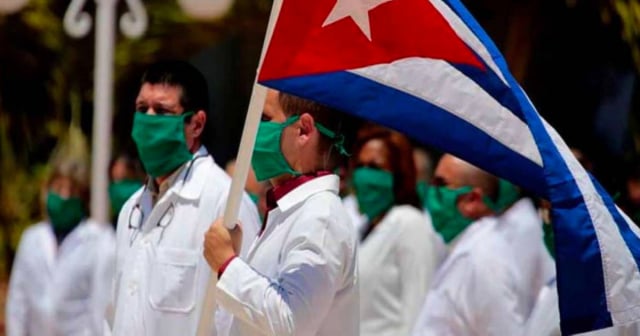Cuban doctor María Martínez revealed in a video on her YouTube channel how she lives after working for more than ten years in the Public Health system of Cuba.
"My house is the result of all the years of work of my parents, who are already retired, and mine as a health professional for 11 years in Public Health. I hope you like it," he expressed.
Despite her specialization in Endocrinology and working in two important hospitals in Santiago de Cuba, María has not been able to acquire her own house and continues living with her parents. She does not have sufficient resources to become independent.
This Cuban doctor is a resident in endocrinology at the Juan Bruno Zayas Alfonso Clinical Surgical Hospital and works at the Juan De La Cruz Martínez Maceira Children's Hospital.
In her video, María gives a tour of the home. It is located in a "passage" or "quarter," something common in humble areas of Cuba. The doctor proudly shows the modest house that has been improved with much effort and sacrifice by her family.
"I want to tell you that it has not been easy to achieve the few conditions I currently have, since each of the things my parents and I have accomplished has been with a lot of sacrifice," María comments in her video.
The life of doctors in Cuba has changed drastically in recent years. What was once an admired and well-paid profession is now marked by insufficient salaries, a shortage of resources to work with, and disrespect from patients and their families, especially in emergency hospital areas.
Despite the supposed "salary improvements" introduced by the State, many doctors perceive these increases as insufficient to meet their basic needs.
The salary of a Cuban doctor varies according to their level of specialization, but even the most highly qualified barely reach 7,500 pesos per month, which is equivalent to about 20 dollars a month when buying currency in the informal market.
This reflects the harsh reality faced by healthcare professionals on the island, who, despite their dedication and years of service, struggle to maintain a decent life.
The story of María Martínez is a testament to the difficulties faced by Cuban doctors amid a deep economic crisis, even though she avoids saying it and insists that she lives "surrounded by much love."
What do you think?
COMMENTFiled under:
